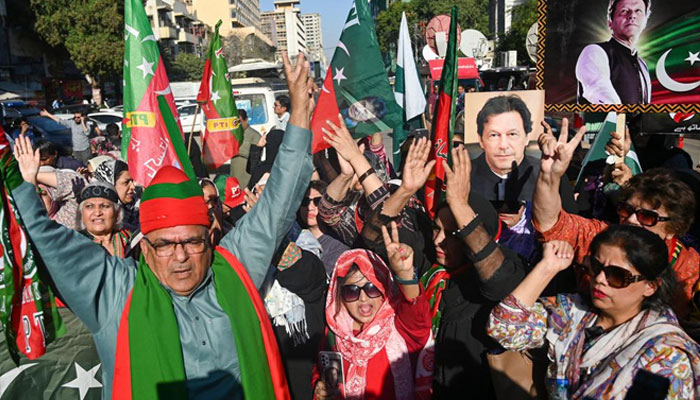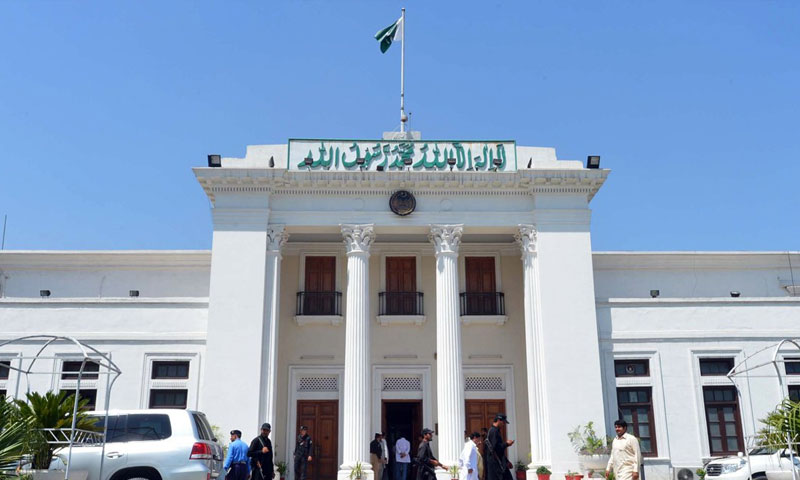POLITICS & POLICY MAKING

PESHAWAR — A political row has erupted between Punjab and Khyber Pakhtunkhwa (KP) over the supply of wheat and flour, with KP Governor Faisal Karim Kundi accusing Punjab of imposing an “arbitrary ban” on inter-provincial wheat movement in violation of the Constitution.
Speaking on X, Governor Kundi said the ban allegedly imposed by the Punjab government on August 31, 2025, contravened Article 151 of the Constitution, which guarantees freedom of trade and commerce across Pakistan. He warned that such actions threatened national unity.
“As a result, the price of a 20kg bag of flour has soared to Rs1,200 in Punjab and up to Rs2,800 in KP — an unbearable burden on families already struggling with inflation,” Kundi stated. He urged Punjab Chief Minister Maryam Nawaz to immediately withdraw the “discriminatory verbal ban” and reaffirm inter-provincial food security commitments.
The governor also called on the PTI-led KP government to provide wheat quotas to local flour mills in order to stabilise prices and protect consumers.
Yesterday, the KP Assembly unanimously passed a resolution condemning Punjab’s alleged restrictions, highlighting a 68% surge in flour prices across the province. Branded flour prices have surged sharply, with a five-kilogram bag of fine flour now selling for Rs700 — up from Rs500 in early August.
While Punjab’s commodity regulators deny any ban, the KP chapter of the All Pakistan Flour Mills Association has termed the restrictions “unconstitutional,” blaming Punjab’s policies for the crisis.
Market analysts, however, argue that the current wheat shortage is less about floods or crop failure — as the new harvest was completed in March-April — and more about hoarding and stockpiling by investors seeking profits from price hikes.
In response, Punjab Chief Minister Maryam Nawaz has announced a three-day grace period for hoarders to declare their wheat stocks, warning of strict action thereafter. Meanwhile, the federal government has launched a long-term National Wheat Policy and Wheat Management Strategy (2025–26) to strengthen food security, support farmers, and counter market disruptions and climate risks.
The standoff between Punjab and KP highlights Pakistan’s persistent struggle with wheat management, food inflation, and inter-provincial trade disputes — all of which directly impact millions of households.




